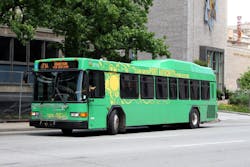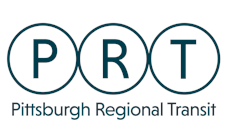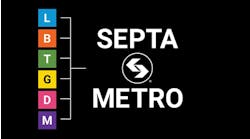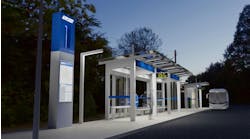In order to improve compatibility with other transit systems, Port Authority of Allegheny County will be replacing its existing bid-dispatch system with GIRO’s HASTUS software. Of the proposals responding to its RFP, Port Authority determined that GIRO’s solution of adding modules to its existing HASTUS installation met the Authority’s criteria for improving the work-selection processes and daily operations management while being fully compatible with current information technology.
“To keep up with our evolving needs, it is important for our bid-dispatch system to interface and interoperate with other software that we currently use or may acquire,” said Michael D. Compel, manager of bus operations for Port Authority of Allegheny County. “Having used HASTUS for scheduling for more than 15 years, we expect that the additional modules will achieve those aims. We are also pleased to be able to offer our employees new flexibility to enter their work bids via the web or using mobile devices.”
“This project opens a new chapter in the long-standing collaboration between Port Authority and GIRO,” said Robert Victor, GIRO’s director, public transit software, for the US market. “Having now had the opportunity to demonstrate that our HASTUS solutions for bid-dispatch are the right fit for Port Authority’s current and expected needs, we look forward to many more years of helping them achieve their goals, both for scheduling and daily operations management.”
In addition to meeting its bid-dispatch needs by adding several modules for daily operations, Port Authority also chose to add a module to manage customer inquiries and comments.
The goal of this expansion of Port Authority’s HASTUS installation include reducing costs through a more efficient pick process, automating dispatch practices for greater operational efficiency and more accurate timekeeping data, and giving employees added flexibility to bid on their work assignments from home or any location with Web access.





